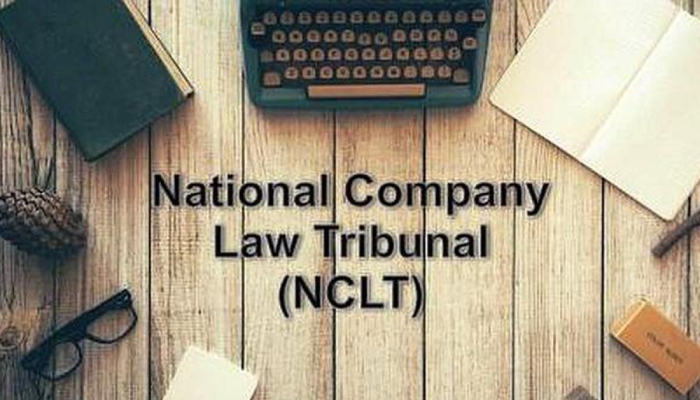
or

The Central Government recently notified a number of provisions of the Companies Act, 2013 relating to compromises, arrangements, reconstructions (“Merger Provisions”) recently (replacing the old provisions of the Companies Act, 1956).
The simplification of laws and fast tracking of restructuring proceedings, as above, will immensely improve investors confidence of MNCs engaged in business in India through wholly owned or downstream subsidiaries, apart from small and medium enterprises (SMEs) and startups being saved from the detailed process relevant to large enterprises. India now stands at par or ahead of many first world legal regimes in terms of ameliorating a transparent and efficient process under the new Merger Provisions.
All eyes are on NCLT now to ensure a fast track handling to enable India to move up the list in the global ease of doing business index.
Dr. Manoj Kumar is the Founder of Hammurabi & Solomon & Visiting fellow with Observer Research Foundation, New Delhi.

Lex Witness Bureau

Lex Witness Bureau

For over 10 years, since its inception in 2009 as a monthly, Lex Witness has become India’s most credible platform for the legal luminaries to opine, comment and share their views. more...
Connect Us:


The Grand Masters - A Corporate Counsel Legal Best Practices Summit Series
www.grandmasters.in | 8 Years & Counting
The Real Estate & Construction Legal Summit
www.rcls.in | 8 Years & Counting
The Information Technology Legal Summit
www.itlegalsummit.com | 8 Years & Counting
The Banking & Finance Legal Summit
www.bfls.in | 8 Years & Counting
The Media, Advertising and Entertainment Legal Summit
www.maels.in | 8 Years & Counting
The Pharma Legal & Compliance Summit
www.plcs.co.in | 8 Years & Counting
We at Lex Witness strategically assist firms in reaching out to the relevant audience sets through various knowledge sharing initiatives. Here are some more info decks for you to know us better.
Copyright © 2020 Lex Witness - India's 1st Magazine on Legal & Corporate Affairs Rights of Admission Reserved